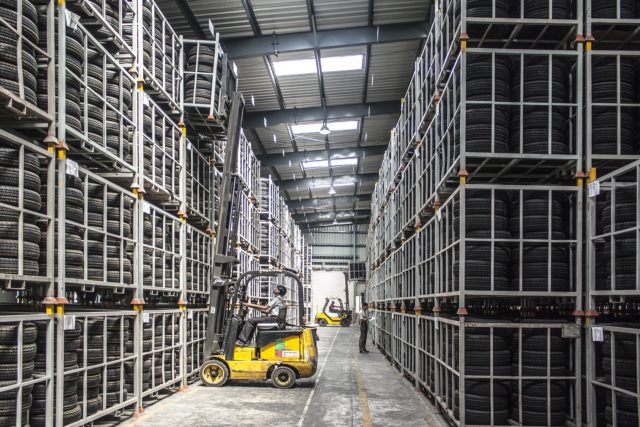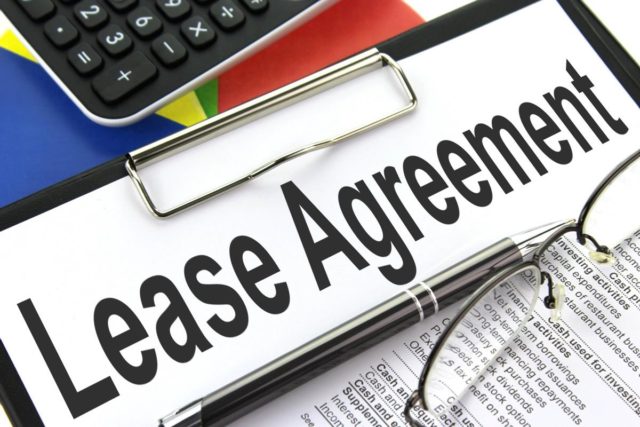When you are contemplating going into business, there’s a lot to learn. You will have to be willing to do research into a variety of different subjects and, particularly, ask questions to ensure you have the full facts you need for your business to succeed. Thankfully, the business basics aren’t particularly difficult to learn if you can dedicate yourself to the pursuit, and the majority of questions you’ll ask will benefit from relatively simple answers.
However, there are some areas of business that are more complex. There is one question in particular that tends to flummox new business owners, and it’s one we’re going to attempt to answer in this post: why do businesses rent rather than buy their premises?
There’s no easy, single-sentence answer to this question. Ultimately, there’s a number of different factors at play in explaining why the vast majority of businesses choose to rent rather than buy their own business premises.
What are these factors?
Arguably the key reason that businesses choose to lease commercial or industrial premises is through a desire for flexibility.
Let’s say, for example, that an entrepreneur wants to move into a larger factory. Not realizing that leasing would be the standard way of doing this, they study the market and eventually find a factory they wish to purchase for $200,000. To them, this seems like a great deal. The factory is in the right area, it’s the perfect size, and they have the financial clout to be able to obtain a commercial mortgage— what could possibly go wrong?
Let’s say that the market changes. Along with other businesses, our example entrepreneur is struggling to make ends meet. They decide the only option for survival is to downsize their operations.
However, they are stuck with the factory they purchased when things were good; a factory that will be far too large for their current needs.
The obvious solution here would be to sell the factory and purchase one that is more in keeping with their new size requirements. However, in a flatlining market, the chances of finding a buyer are slim to none. As a result, our entrepreneur finds themselves having to pay an expensive mortgage on a property that the company can’t really afford.
If the entrepreneur had rented rather than purchased the same factory, they would have enjoyed far more flexibility. The moment the market began to struggle, they could have activated a clause to end their lease and moved to a smaller factory as soon as possible. Being able to enjoy this kind of flexibility to react correctly to economic fluctuations can genuinely be the difference between a business failing in a downturn and managing to survive.
Are there any other reasons leasing is more popular than buying?
Yes; in fact, the above is just the tip of the iceberg.
Another important factor to consider is the need to maintain premises. Commercial and industrial leases tend to provide the business with some say over what the space will look like on a cosmetic level. For example, the leaseholder will be responsible for fitting out the interior of the space to their needs. For a retail store, this may mean the installation of changing rooms and display cases, while an industrial business may opt for huge shelving installations or recreate the floor plan to allow the movement of plant machinery.

However, leaseholders are rarely allowed to make full structural changes to the premises. This may sound limiting — and it can be — but it has another upside: the owner is responsible for all structural maintenance, too. This is an area that the vast majority of leasing businesses are quite happy to leave in the hands of the owner, and if that means they can’t structurally change the premises, then that’s a price worth paying.
The reason for this is simple: the maintenance and improvement of business buildings can be incredibly expensive. Commercial and industrial buildings are often old buildings that require very specific, and often highly expensive, maintenance. No leaseholder wants to have to deal with this kind of expense on top of the costs of running their business. The cost of extensive, structural maintenance to premises could be enough to sink smaller companies.
Of course, there are always exceptions to this rule, and some premises owners will want the leaseholder to take full responsibility for both the internal and structural components of the building. However, this is rare because the split responsibility actually works better for both parties. The leaseholder can customize the space enough to suit their needs, but doesn’t have to worry about structural costs; while the owner can be sure their premises will be returned to them as structurally sound as they were on the day the lease was agreed. Win/win.
Why don’t businesses want to buy premises as an asset?
This is a fair question, and one that has no simple answer. Realistically, if a business chose to buy their premises, it would be an asset, and that would be seen as beneficial.
However, for most businesses, the benefits of being able to list their property as an asset are not as important as the issues we’ve raised so far. Most businesses find that the flexibility and freedom that leasing offers, combined with the protection from the expense of structural repairs, means leasing is preferable. There are other types of assets businesses can enjoy if they wish to do so.
What if I want to buy my own premises?
Ultimately, you are able to make your own choices when it comes to your business. If you’re a prospective entrepreneur, you’re likely thinking of your business premises as you would your own home. In almost every way, buying a house is preferable to renting on a domestic level, so you’re likely transferring this thought process to your business.
However, the commercial and industrial worlds don’t work in quite the same way, as we have outlined above. While it may go against your experience in the housing market, the reality is that, for the vast majority businesses, leasing their premises is always going to be the wiser choice than buying.

